Experts say move will affect EU auto sector's long-term development
The European Union's decision to slap higher tariffs on imported Chinese electric vehicles will not only deal a short-term blow to Sino-European trade but also disrupt global industrial and supply chains, said officials, experts and executives.
"While the action may appear to 'protect' the local automotive industry in the short term, it will severely impact the long-term healthy development of the EU's auto industry and potentially damage the overseas business environment for EU companies," the National Development and Reform Commission said in a column published on Friday.
"Shortsighted trade protectionism is not the solution, and the EU should carefully reconsider and promptly correct this misguided approach," the NDRC said.
Meanwhile, China has pledged to take all necessary actions to safeguard the legitimate rights and interests of Chinese companies, according to the NDRC.
EU's decision to impose tariffs of up to 38.1 percent on EVs imported from China came a month after Washington announced plans to quadruple the duties on Chinese EVs to 100 percent.
This reflects the challenges traditional Western automakers face from Chinese companies in the emerging EV sector, said Liu Chunsheng, an associate professor at Central University of Finance and Economics.
"EU's traditional automakers are facing mounting competitive pressures from their Chinese counterparts with a key focus on EVs," Liu said. "However, the tariff hikes will not serve as a proper solution. Instead, the action will impact the cooperation with Chinese companies and the promotion of new products in China."
BMW CEO Oliver Zipse said the EU action could hinder the development of European automotive companies and ultimately harm Europe's own interests.
The protectionist measure could trigger a cycle of retaliation, leading to a breakdown of cooperative trade relations, he said in a recent statement.
Hong Yong, an associate research fellow at the Chinese Academy of International Trade and Economic Cooperation's e-commerce research institute, said the increase in tariffs could prompt China to take retaliatory measures, thus impacting the performance of EU automobiles and vehicle components in the Chinese market.
"On the global trade front, such actions will disrupt the stability of global supply chains and erode other countries' trust in international trade rules, thereby impacting broader international trade cooperation and the investment environment," Hong said.
The additional tariffs will not serve the EU's purpose of obstructing the expansion of Chinese EVs in its markets, and the vehicle industry will continue to become a new pillar of Chinese economic growth, said Yao Yang, director of the China Center for Economic Research at Peking University.
"Prices of European EVs are as much as twice that of Chinese EVs. The new tariffs will not have much influence on the popularity of Chinese EVs in the EU market," he said.
"The tariffs will help Chinese EV producers upgrade and eliminate outdated ones and will have little impact on big players like BYD."
Though the increased tariffs will impact Chinese EV makers' competitiveness in the European market, Chinese companies still have the strength to continue expanding overseas, said Zhang Yue, chairman of Aoyou International Media, a Beijing-based integrated marketing company. "They also can enhance their competitiveness through technological innovation and product upgrades to better meet international market demands."
"Chinese automakers may seek market development opportunities and pursue collaborations with automakers from other countries to jointly address the EU's trade restrictions," Zhang said.
Looking ahead, Ding Shaojiang, an independent industry analyst, said Chinese companies still see broad prospects for development in overseas markets through strengthening technological innovation, brand building, and market expansion.










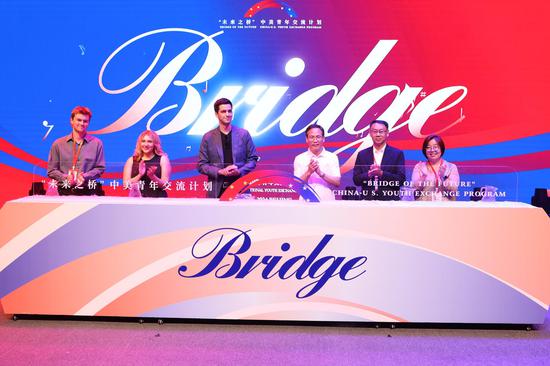


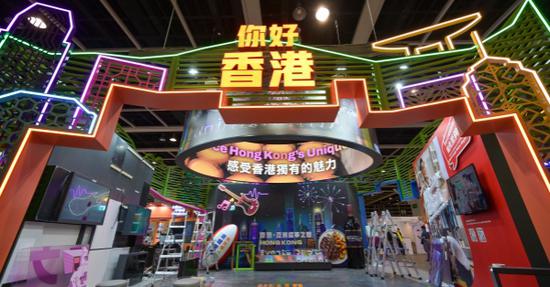

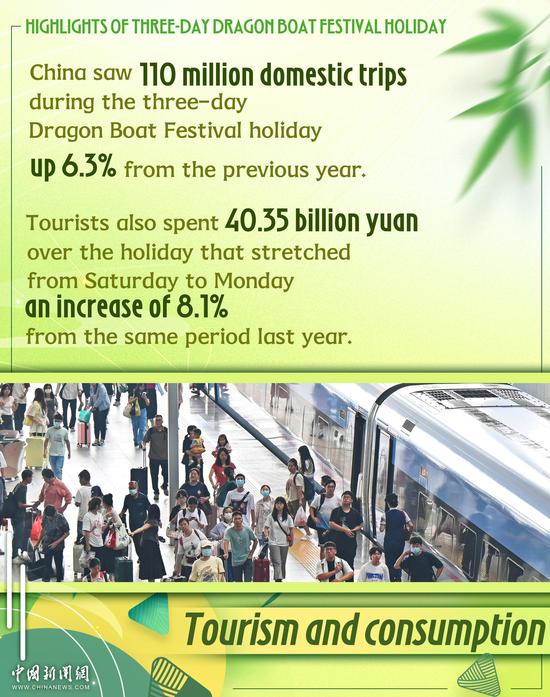


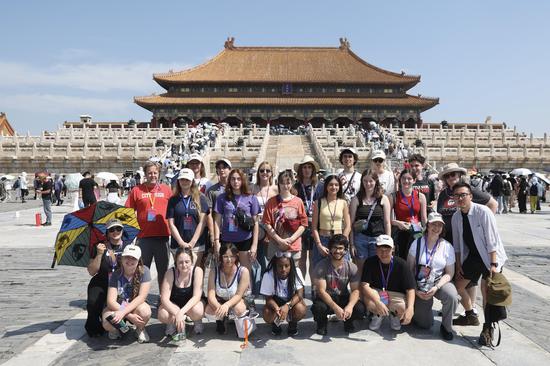




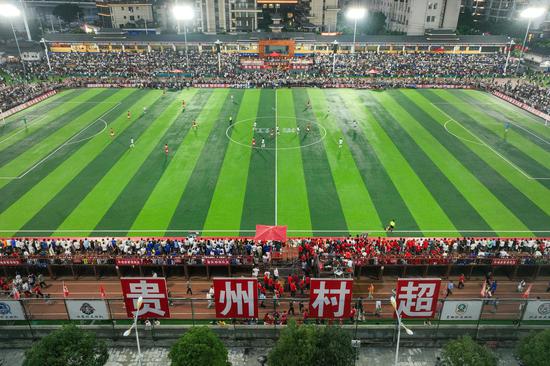


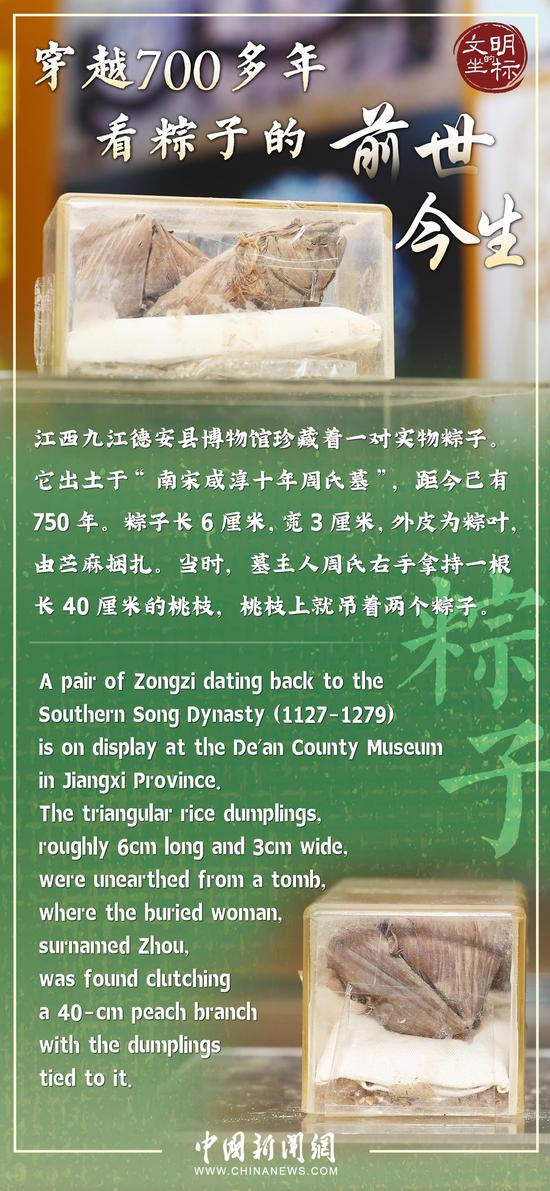

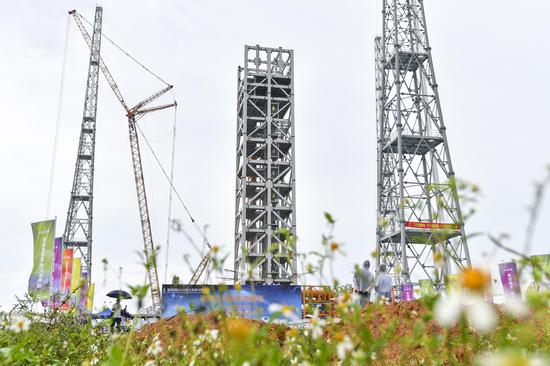


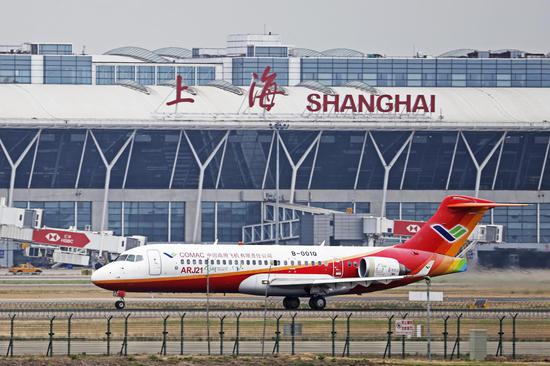



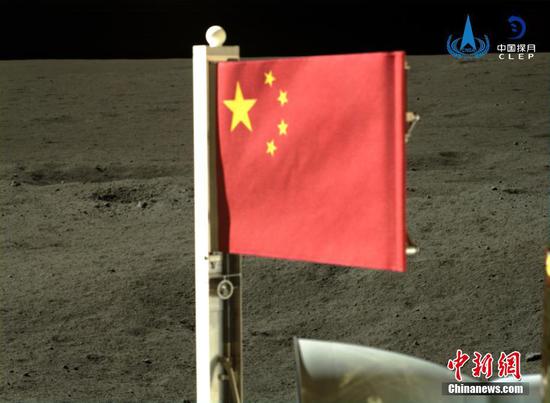
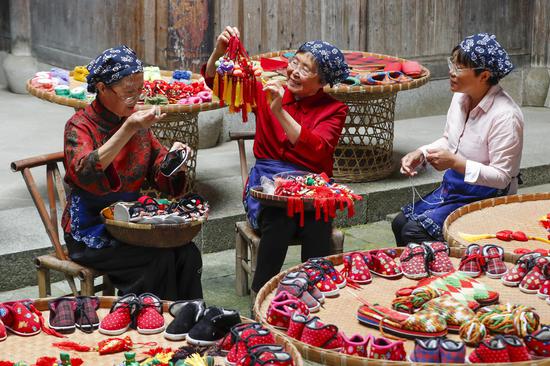


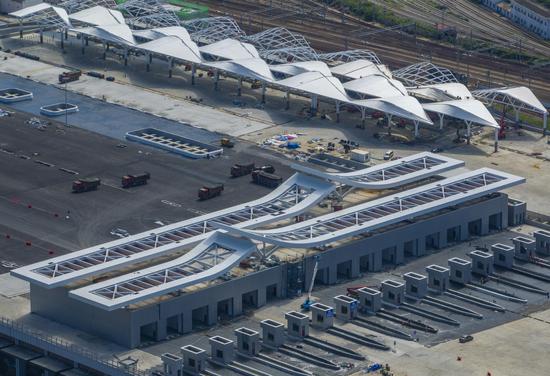
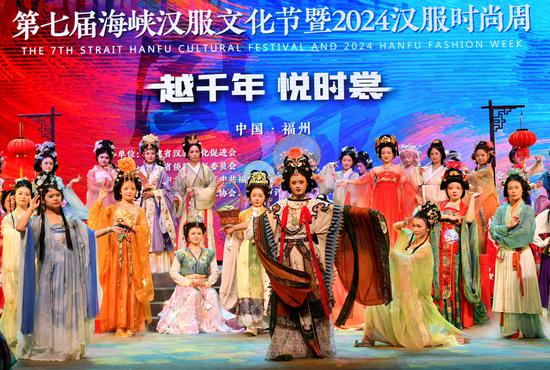

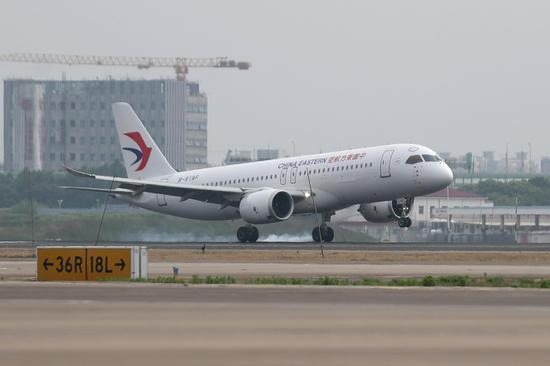

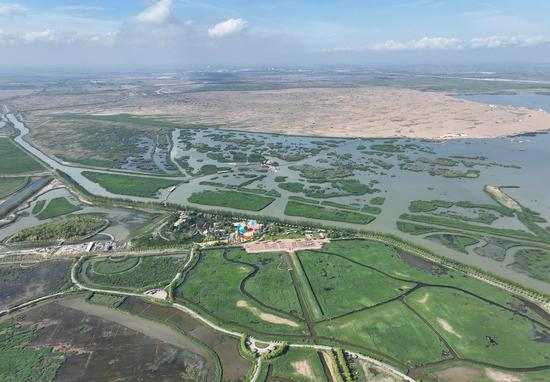





 京公网安备 11010202009201号
京公网安备 11010202009201号